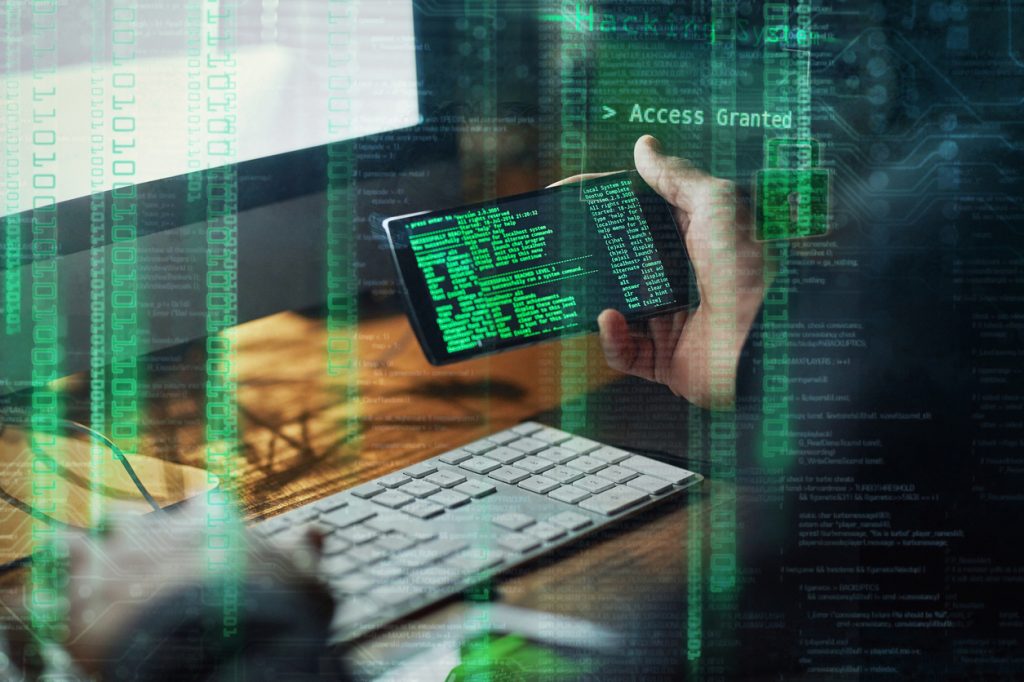The campaign showed “top-tier operational tradecraft”, says FireEye, a cyber-security firm that was itself a victim. Orion’s ubiquity explains why so many organisations were affected. SolarWinds says that “fewer than 18,000” customers may have been struck, though most would have been collateral damage.
网络安全公司火眼(FireEye)称,此次运动展示了“顶级的谍务操作技术”,而火眼本身就是此次运动的受害者。Orion软件的普及性解释了为什么有这么多组织受到影响。SolarWinds公司表示,“不到1.8万”的客户可能会受到影响,尽管大多数都是受到附带损害。
America’s ability to muster a response is unlikely to be helped by President Donald Trump’s dismissal, on November17th, of Chris Krebs, the head of the Cyber-security and Infrastructure Security Agency (CISA), for publicly affirming the integrity of the presidential election. CISA has struggled to cope with the onslaught.
11月17日,美国总统唐纳德·特朗普辞退了克里斯·克雷布斯,这不太可能有助于美国做出回应。克里斯·克雷布斯是美国网络安全和基础设施安全局(CISA)局长,他因公开肯定了总统选举的公正性而遭到解雇。网络安全和基础设施安全局一直在努力应对解雇带来的冲击。

Over the past decade, America has tended to categorise and respond to cyber-attacks according to their aims. It regarded intrusions intended to steal secrets—in other words, old-fashioned espionage—as fair game, not least because its own National Security Agency (NSA) is a prolific thief. After China stole 22m security-clearance records from America’s Office of Personnel Management (OPM) in 2015, Michael Hayden, a former NSA chief, conceded that it was “honourable espionage work”. In contrast, attacks intended to cause harm, like North Korea’s assault on Sony Pictures in 2014, or those with commercial aims, like China’s theft of industrial secrets, were thought to cross a line. America has accordingly indicted and imposed sanctions on scores of Russian, Chinese, North Korean and Iranian hackers.
在过去十年中,美国倾向于根据网络攻击的目的对其进行分类和回应。美国把企图窃取机密的入侵(换句话说是老式的间谍活动)视为公平的游戏,尤其是因为美国国家安全局(NSA)恰是一个多产的惯犯。2015年,中国从美国人事管理办公室(OPM)窃取了2200万份安全许可记录后,美国国家安全局前局长迈克尔·海登承认,这是“光荣的间谍活动”。相比之下,意图造成伤害的黑客攻击,比如朝鲜2014年对索尼影业的攻击,或者那些具有商业目的的黑客攻击,比如中国窃取工业机密,这样的入侵活动都被认为是越界的。因此,美国起诉并制裁了数十名俄罗斯、中国、朝鲜和伊朗的黑客。
译文由可可原创,仅供学习交流使用,未经许可请勿转载。












